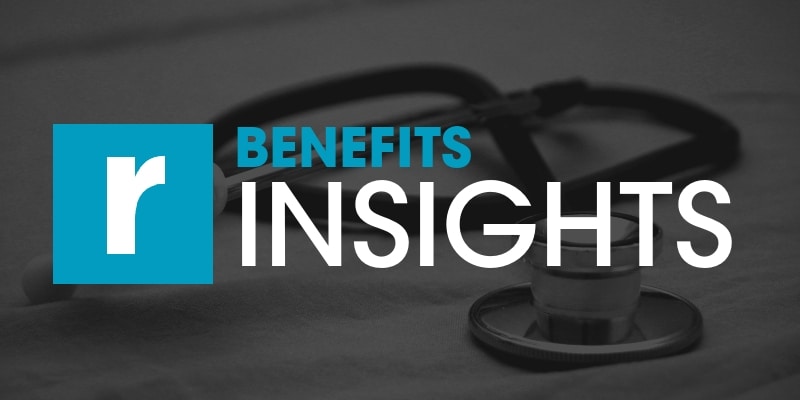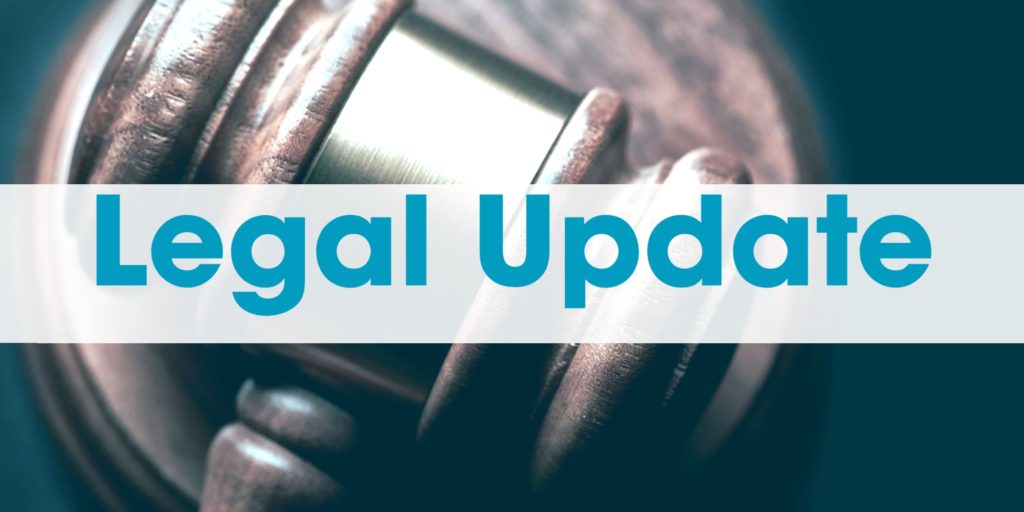26 Aug Supreme Court to Hear Challenge to the ACA After Election Day

The Supreme Court recently announced that it will hear arguments challenging the constitutionality of the Affordable Care Act (ACA) on Nov. 10, 2020—after Election Day.
A verdict on the case is expected to be reached during the spring of 2021. This announcement is the most recent development in this case. Earlier this year, the Supreme Court agreed to hear a legal challenge to the Affordable Care Act (ACA). The case involved is Texas v. Azar, a lawsuit challenging the constitutionality of the ACA’s individual mandate.26 Aug Cybercrime and Benefits Plans
 According to recent estimates from the University of Maryland, there is a cyberattack every 39 seconds. Data breaches and cyberattacks are daily headlines—and employee benefits plans are no exception to that threat.
According to recent estimates from the University of Maryland, there is a cyberattack every 39 seconds. Data breaches and cyberattacks are daily headlines—and employee benefits plans are no exception to that threat.
In fact, employee benefits plans are even more vulnerable as the coronavirus pandemic continues.
Organizations and benefits providers are relying heavily on electronic access, ultimately creating new vulnerabilities.
21 Aug Interim Final Rule Issued on Paid Family Leave for Federal Workers
 The U.S. Office of Personnel Management (OPM) has published an interim final rule to implement the Federal Employee Paid Leave Act (FEPLA), which provides 12 weeks of paid parental leave to certain federal employees covered by the Family and Medical Leave Act (FMLA).
The U.S. Office of Personnel Management (OPM) has published an interim final rule to implement the Federal Employee Paid Leave Act (FEPLA), which provides 12 weeks of paid parental leave to certain federal employees covered by the Family and Medical Leave Act (FMLA).
The rule takes effect Oct. 1, 2020, the same date leave benefits become available under FEPLA.
20 Aug HR Toolkit – Leading Remote Teams
When planning how to address challenges and create an environment for successful remote teams, leaders will focus on best practices that support organization and team dynamics—but also, each individual employee.
20 Aug DOL Guidance Addresses Federal Contractors and FFCRA Leave Pay
 The U.S. Department of Labor (DOL) has issued questions and answers (Q&As) on when federal contractors must include Service Contract Act (SCA), Davis- Bacon Act (DBA) or Executive Order (EO) 13706 fringe benefits—or their monetary equivalent—for workers taking leave under the Families First Coronavirus Response Act (FFCRA).
The U.S. Department of Labor (DOL) has issued questions and answers (Q&As) on when federal contractors must include Service Contract Act (SCA), Davis- Bacon Act (DBA) or Executive Order (EO) 13706 fringe benefits—or their monetary equivalent—for workers taking leave under the Families First Coronavirus Response Act (FFCRA).


